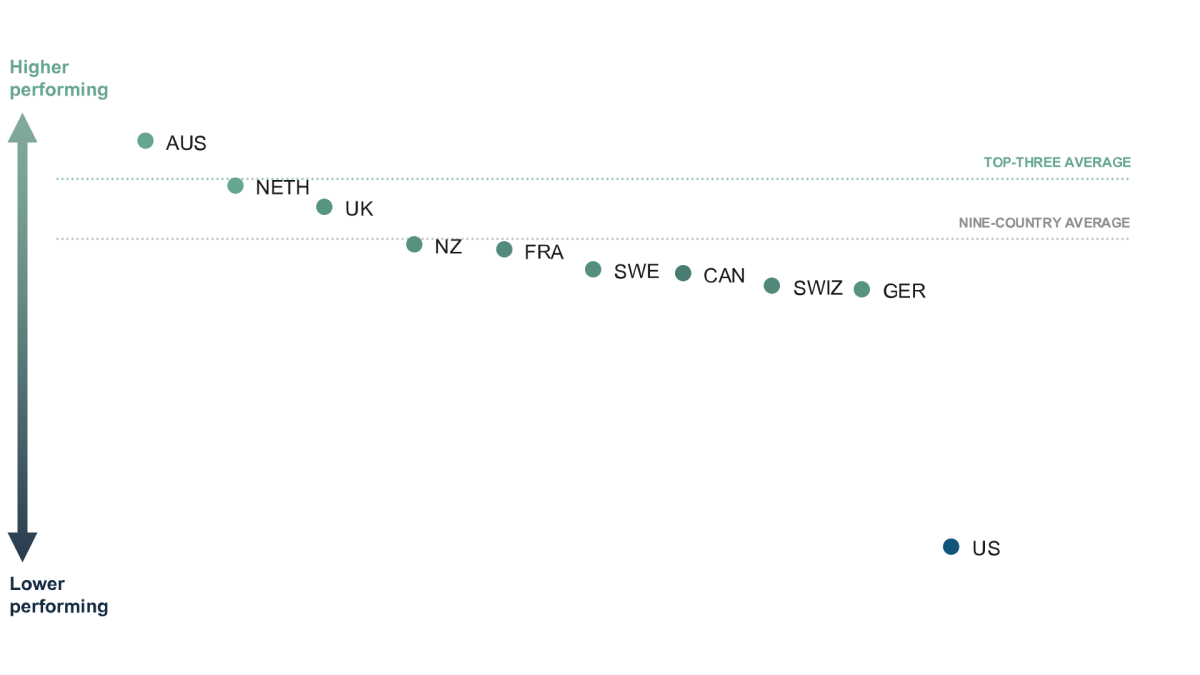Guys, We Need to Talk About Mental Health — and Yes, I Mean GUYS
February 18, 2022
hasn’t told anyone where it would get put in a medical chart, then it can’t get collected as data,” Sullivan said.
genders and sexualities that cannot be neatly categorized within the aforementioned binaries. Deviating from gender expectations – to not perform the expected role accordingly – creates tension as it challenges what society considers to be normative.”
their own. “[With girls] it’s ok and it’s even sometimes cool to say ‘I have a therapist’ or ‘this is what my therapist said.’… I think it would be a really important step [for boys] knowing that [reaching out] can be a very strong and independent [action].” said Sullivan.
struggling.
This “push through” mindset and suppression of feelings, without any support from others, can often lead to emotional explosions, or crises, which can sometimes take the form of suicide.
of us are struggling with something, there is always something we turn to. Whether that’s bouncing your leg, or whether that’s biting your fingernails, or it’s just fleeing the situation (like fight, flight, freeze…), sometimes substances are that ‘flight’ because it could take them fully out of the situation.”
– Reach out to our school psychologist, Ms. Calitri, at [email protected]; our school social worker, Mr. Hughes, at [email protected]; or our student assistance counselor, Ms. Sherman, at [email protected].
– Call the National Suicide Prevention Lifeline at 800-273-88255
– Reach the Crisis Text Line by texting HOME to 741741











